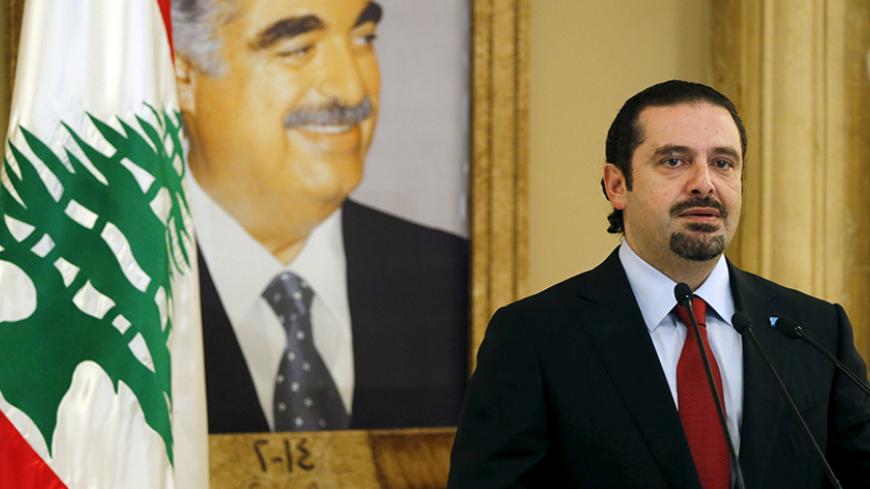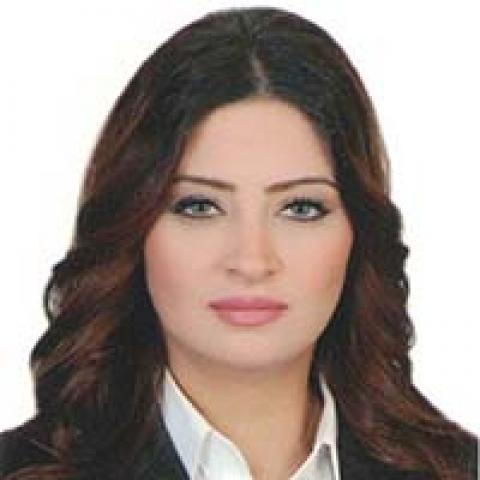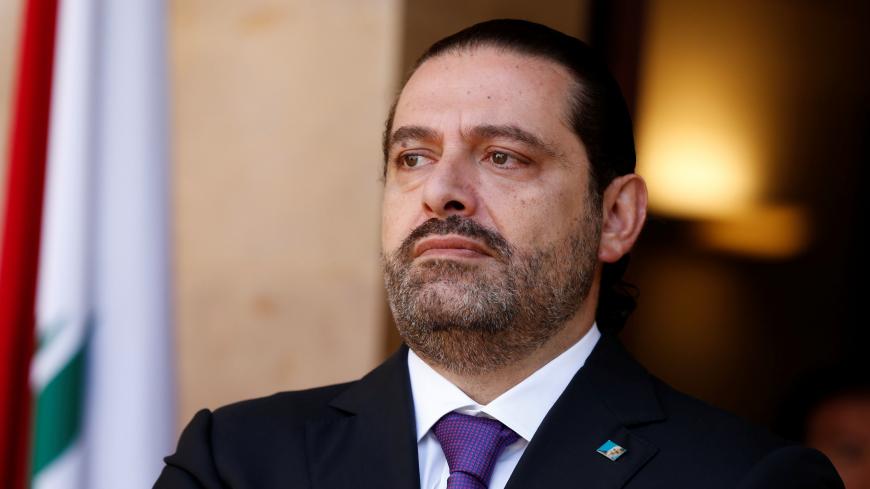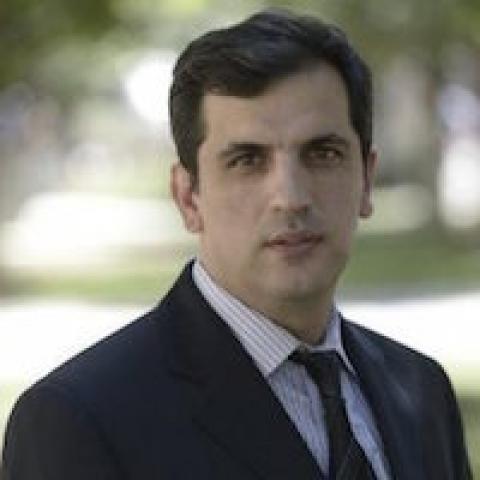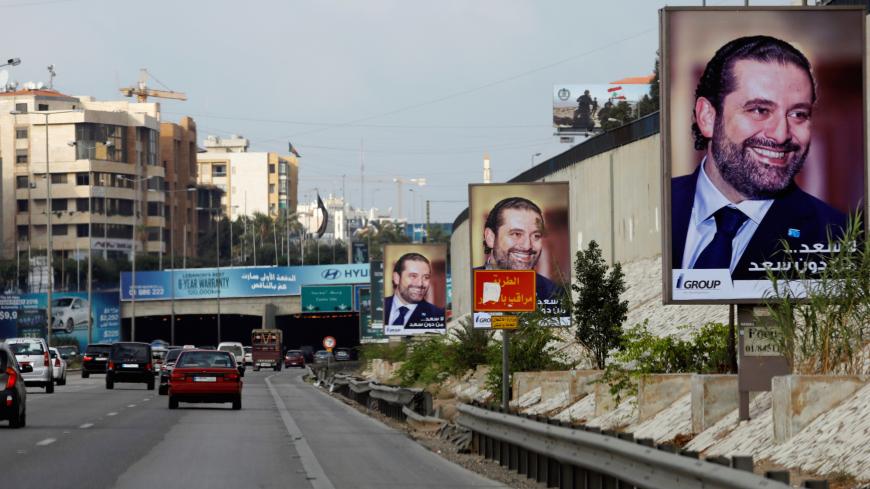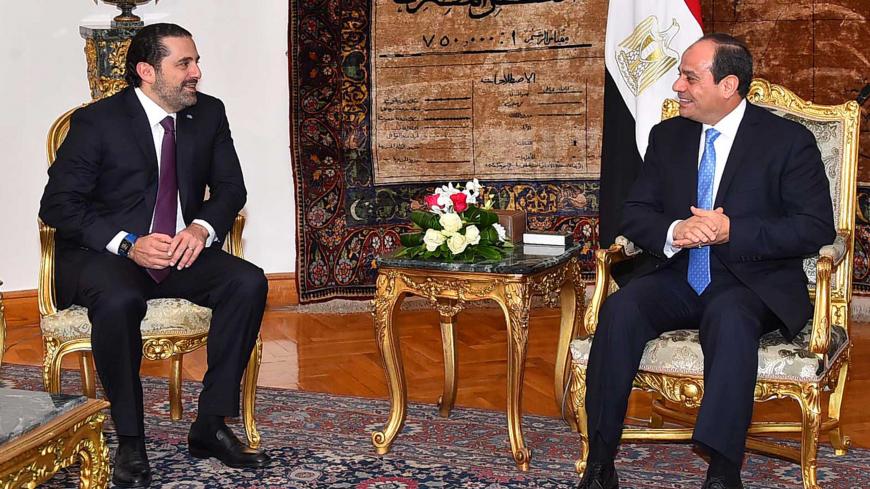Why Saad Hariri return to politics in Lebanon is still unlikely
Saad Hariri’s brief return to Lebanon this month fueled speculation that he might be eying a return to politics, but experts see it as far-fetched in current dynamics.
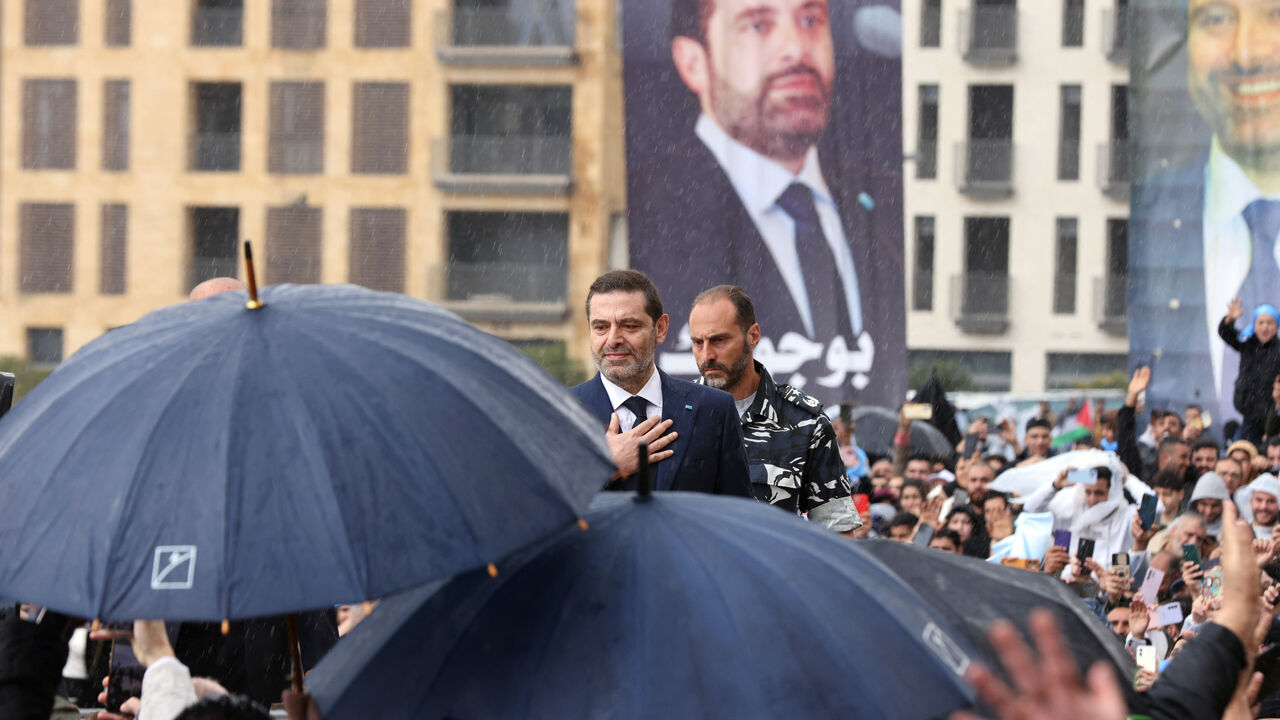
BEIRUT — A return of veteran politician and two-time Prime Minister Saad Hariri to the world of Lebanese politics seems unlikely in the immediate future, experts who follow Lebanese politics told Al-Monitor.
Hariri’s visit to Beirut on Feb. 14 to commemorate the assassination of his father, former Prime Minister Rafik Hariri, left some wondering whether he is eying a return to be prime minister nearly three years after his resignation.
When Hariri, 53, resigned in 2019 in the face of popular protests demanding accountability for decades-long corruption and calling for reform of the country's deeply sectarian system, the move was hailed as the beginning of a new era in Lebanese politics. But that quickly dissipated, as the protests faded and the status quo prevailed in Beirut.
Hariri was designated prime minister again in October 2020 after Hassan Diab resigned following the Beirut port blast on Aug. 4, 2020. He then embarked on forming a new cabinet, but after a series of disagreements with then-President Michel Aoun over a blocking third, Hairi declined the premiership in July 2021.
In January 2022, Hariri declared that he was suspending his political activities and chose not to run in the parliamentary elections that year. Instead, he left Lebanon and did not return until this month for the brief anniversary visit.
Hariri-Saudi ties
For any comeback to have a serious chance at success, experts argue that Hariri must find a way to reconcile differences with a major outside stakeholder, Saudi Arabia. Over the past years, the former premier lost favor with Riyadh over what was perceived as being “too soft” on Hezbollah.
The friction between Saudi Arabia and Lebanon reached its peak in November 2017, when Hariri was called to visit the kingdom. Shortly after arriving, he surprisingly announced his resignation on live television, citing Iranian interference in Lebanese affairs and referring to Hezbollah as “Iran’s arm … [that] has managed to impose a fait accompli on Lebanon through the power of its weapons. They have built a state within a state.”
Lebanon’s leaders at the time, including President Aoun and Hezbollah’s secretary-general, Hassan Nasrallah, said that Hariri was forced to resign against his own will, accusing Saudi Crown Prince Mohammed bin Salman of ordering the resignation. Aoun called the resignation a violation of Lebanon’s “independence and dignity.”
Following intense diplomatic efforts led by France, Hariri returned to Lebanon. But his relationship with Saudi Arabia was deeply fractured and has not healed since.
Would Hariri return?
Michael Young, senior editor at Malcolm H. Kerr Carnegie Middle East Center and editor of the center’s Middle East blog, Diwan, said Hariri has to turn over a new leaf with officials in Riyadh before a serious return to politics.
“At this point in time, I do not see that the fundamental problems Hariri had with the Saudis have been resolved. In other words, they do not want him in power in Lebanon,” Young told Al-Monitor.
Karim Bitar, associate professor of international relations at Lebanon's Universite Saint-Joseph, believes there is no Saudi green light for Hariri’s return into the Lebanese political fray.
“However, Hariri may be thinking long term. Next year will mark the 20th anniversary of his father's death. It was important for him to send a signal that he still has a significant number of supporters in the Sunni street in Lebanon,” Bitar told Al-Monitor.
Hariri still stands unrivaled in popularity in the Sunni street despite remaining outside of Lebanon.
Lebanese economist and writer Nadim Shehadi spoke to Al-Monitor about the historical relationship between Hezbollah and Hariri and why the group may want him back as prime minister. “Hariri is a good cover for Hezbollah because he is so popular. He possesses credibility. They (Hezbollah) can use it to claim they are working with all [of Lebanon’s] sects.”
The Saudis do not want to support a Lebanese government that is backed by or partnered with Hezbollah. But if there is a regional consensus regarding Lebanon’s fate and role, it may no longer make a difference. Quite plausibly, a Saudi recognition of Hariri as the one strong Sunni leader in Lebanon, along with improving relations with Iran and Syria, could very well pave the way for Hariri’s return.
When asked about his future plans by reporters before he left the capital last week, Hariri responded, "All in good time."



